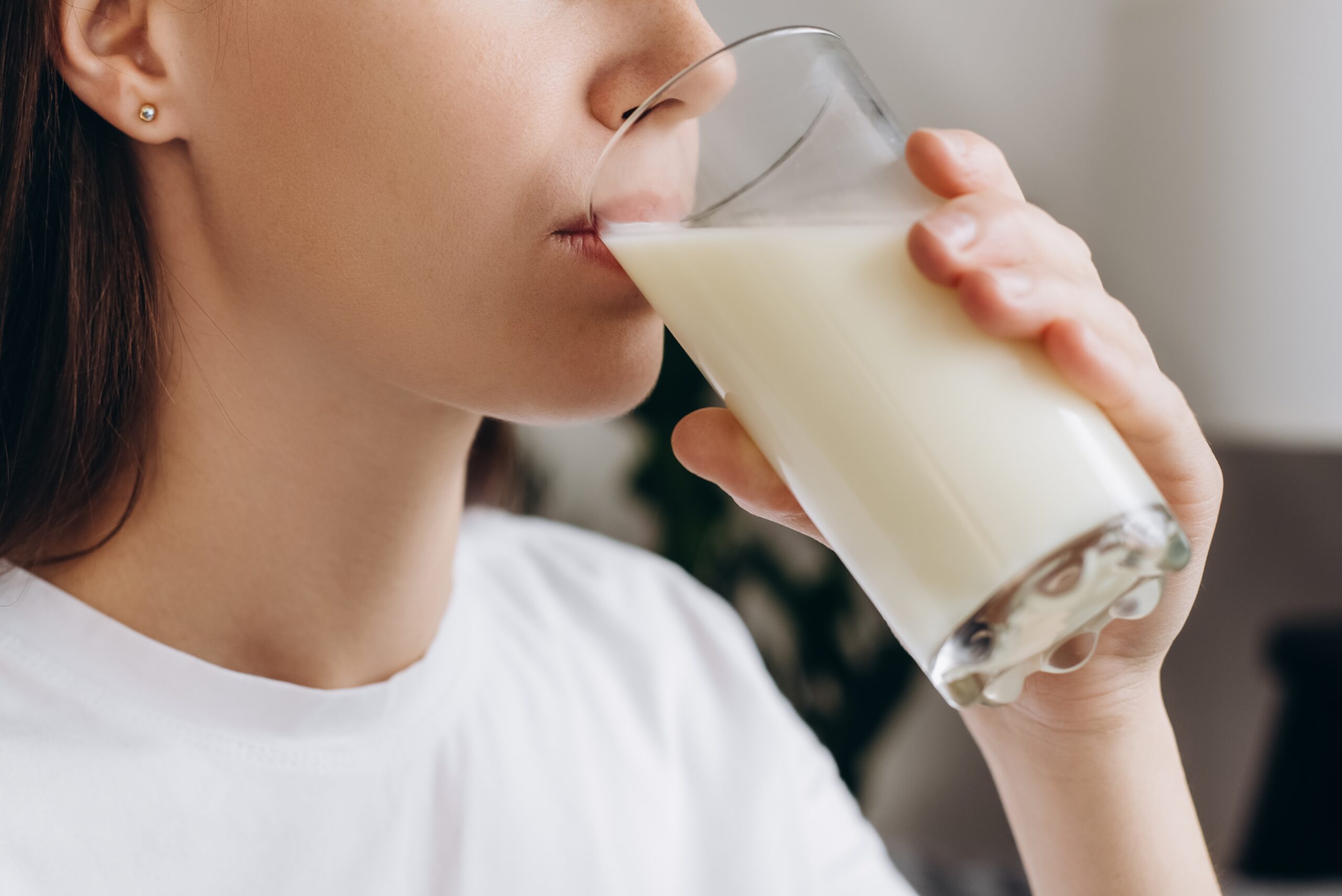A new study reveals how chronic dehydration may be fueling anxiety, posing a hidden threat to mental health.
Story Overview
- Dehydration is linked to increased anxiety and cognitive issues.
- New studies reveal biochemical pathways connecting hydration with mental health.
- Experts call for updated public health guidelines to include mental health considerations.
- Hydration emerges as a crucial factor in managing and preventing anxiety disorders.
Recent Findings on Dehydration and Mental Health
In 2025, groundbreaking research confirmed the vital link between hydration and mental health, particularly anxiety disorders. Dehydration was found to increase cortisol and disrupt neurotransmitter balance, triggering anxiety symptoms. These findings underscore the importance of adequate hydration as a simple yet effective strategy for managing anxiety and improving overall mental health.
Studies over the past two decades have highlighted how even mild dehydration can exacerbate mood disorders and cognitive impairments, further complicating an individual’s mental health landscape. This research is pivotal, as it offers a mechanistic explanation for observed symptoms and prompts a reevaluation of public health strategies to prioritize hydration.
Watch: NBC4 Health Matters: How Dehydration Affects Your Brain, Mood, and Organs with Dr. Gina Bachmann
Hydration as a Public Health Priority
Public health agencies now face mounting pressure to integrate mental health considerations into their hydration guidelines. As mental health disorders continue to rise globally, understanding modifiable lifestyle factors, like hydration, becomes increasingly crucial. The CDC and WHO are being urged to update their hydration recommendations, emphasizing its role in mental health maintenance.
Experts argue that addressing hydration could significantly reduce anxiety prevalence and, consequently, the burden of chronic diseases linked to dehydration. Improving hydration habits could lead to better mental well-being, reduced healthcare costs, and a more productive society.
How dehydration secretly fuels anxiety and health problems https://t.co/Ckdhzt4IXc
— Zicutake USA Comment (@Zicutake) September 23, 2025
Challenges and Future Directions
Despite promising associations, further research is necessary to establish causality and define optimal hydration strategies for mental health. Experts advocate for longitudinal studies to deepen understanding and guide evidence-based clinical and public health practices. While hydration is not a standalone solution, it is a critical component of a holistic approach to mental health.
Until more definitive research is available, individuals are encouraged to monitor their fluid intake as part of a broader strategy for managing anxiety and maintaining mental health. Mental health professionals are increasingly incorporating hydration into their treatment protocols, recognizing its potential to alleviate symptoms and improve patient outcomes.
Sources:
Can Dehydration Cause Anxiety? The Hidden Link Explained
Dehydration and Anxiety: How They’re Connected
Dehydration and Anxiety: What’s the Link?
The Biological Mechanisms Behind Dehydration-Induced Anxiety









